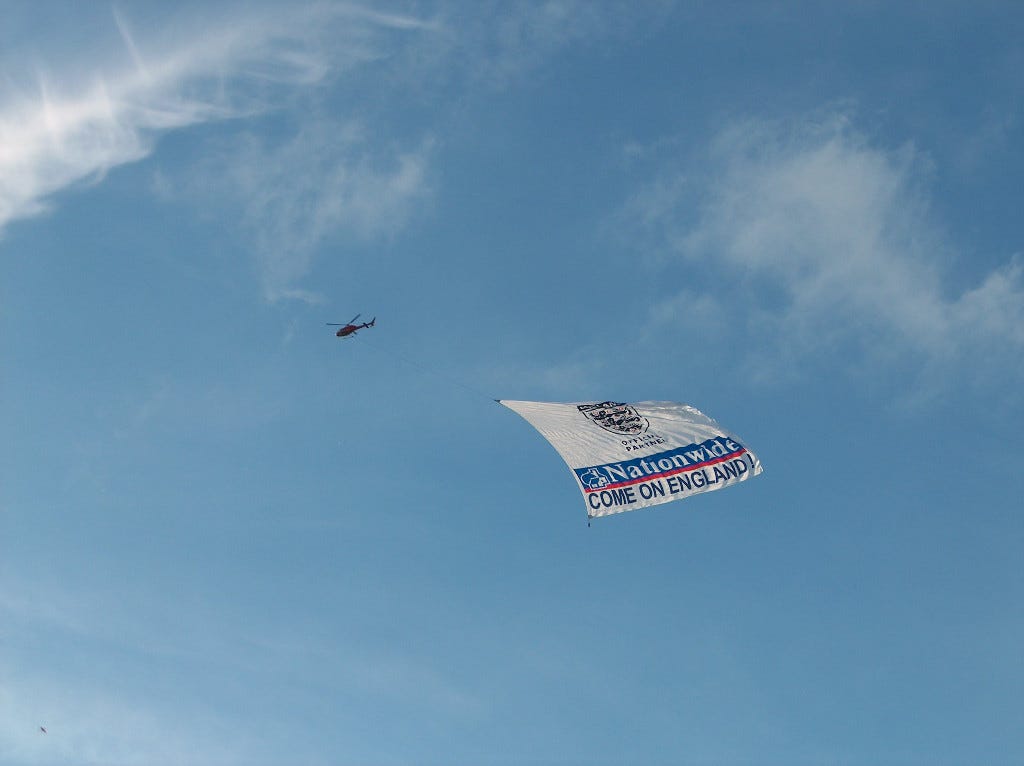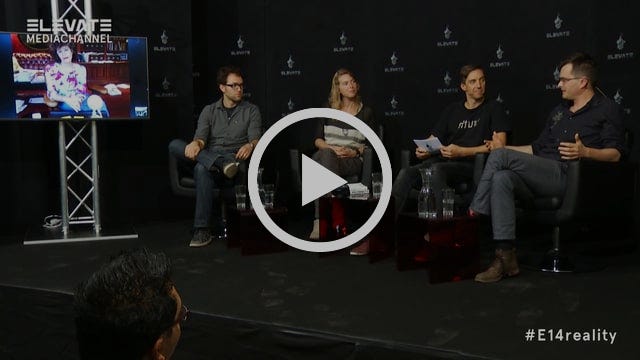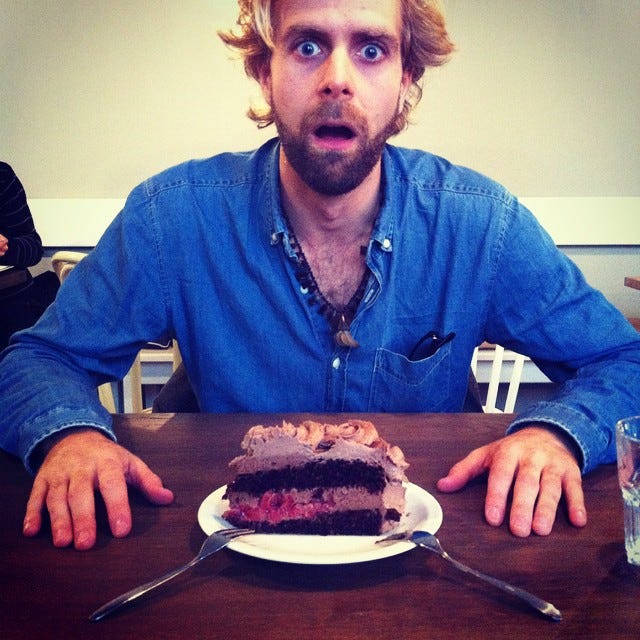Habits 0 - 1 David
THEME: BBC GRANDSTAND

Anyone know the score?
Happy Friday!
Journalist Charles Duhigg popularised the term “keystone habit” to describe one habit that supports a series of other habits, like the keystone supports a series of other stones in an arch.
Charles Duhigg talks a lot about positive keystone habits, like in this story about Michael Phelps. What starts as breakfast and a 45-minute stretching routine ends in nauseatingly predictable victory and a world record.
But what about our bad keystone habits? What if we've got keystone habits that accidentally drain the life out of our day? Not many of us are Olympic athletes with carefully programmed routines designed by professionals. I suspect that more of us bumble along on haplessly ordinary routines that haven't changed much since adolescence.
Like watching football on TV.
Fairly harmless, you'd have thought. But what if watching Premier League football on a Sunday afternoon profoundly - and negatively - affects how I use my computer while at work on a Wednesday morning?
Because that's exactly what happens.
Through February and March, I experimented with (what I thought was) another silly positive constraint: No Football.
For someone who has watched every Liverpool game he could fix his eyes on since 1995, this was quite a major undertaking. But January pretty much blew our chances of any silverware this season, so it seemed to me a fairly low stakes gamble. I thought that at the very least I might rediscover what the rest of the world does at 3pm on a Saturday (and 1215, 1430 and 1600 on a Sunday, 1945 on a Monday and 2000 on a Tuesday and Wednesday).
What I wasn't expecting was a radical shift in the way I consume, not just football matches, but football news, analysis, opinion and rumour, by extension all sports news and, ultimately, the way I use news websites and the entire World Wide Web.
To my surprise, it turned out that browsing to the BBC Sport website for football updates was the one keystone habit that fuelled the worst excesses of my internet addiction.
Maintaining an operational knowledge of Premier League football doesn't just entail watching the game on a Saturday. It also means keeping on top of everyone else's results, transfer news, injuries, rumours, scandals and the whole merry-go-round that traditionally powers the back pages of our more disreputable rags.
But once I'd hit the BBC Football site, I was easy prey for numerous tangential distractions. A test match, The Masters. Another 30 minutes gone as I follow the second round heats of the UK Darts Championships. And of course from the BBC Sport homepage it's only one short click to a world of news and a universe of radio and video.
Getting lost in the internet is nothing new. It's something I've tried tackling before by instituting internet hours, using wifi-blocking apps like Freedom, or simply taking my computer to a field. But nothing has worked so well as not watching football.
I now no longer browse the internet. I still use the internet – plenty – but I no longer browse around looking for diversion. I have cut the behaviour off at the root, by eliminating the trigger for 90% of my old internet habits.
You might not give two linesmen and a shinpad for football. You might not have a problem with time wasting online. Perhaps you even enjoy the giddy merry-go-round of breaking news. But I hope that this example of the unexpected cascade of habits supported by my affection for Liverpool Football Club shows that sometimes the most comprehensive solution to a crisis is not to assault the problem directly, but to follow it back to the primary cause.
That first click.
Inexplicably Popular on the Blog This Week
Reality is the Next Big Thing: Keynote (2015)
I'm glad this piece is still widely read. It was written during the Elevate Festival 2014 and outlines the thoughts of Harvard Business School Professor Shoshana Zuboff's thoughts on what she calls modern "surveillance capitalism".
Google, the third most valuable company in the world, employs less than 48,000 people. For comparison, the largest private employer on the planet today is Walmart with 2.2m employees. Google and its dominant business model simply does not require many workers. So if the people are not Google’s customers and they are not Google’s employees, then what does Google need people for? Only one thing: data.
If you'd like to go directly to source, you can watch the whole of Shoshana's keynote speech in the video below, followed by a panel discussion of her ideas.

Reality Is The Next Big Thing at the Elevate Festival 2014. 2 hours of intelligence.
Thanks for reading! Now what?
Next week is Bicycle Day, celebrating the very first intentional LSD trip on 19 April 1943. Who'd have thought that, in the darkest days of World War II, a Swiss chemist would have discovered and decided to experiment with a substance that would become such a powerful tool for showing humanity how to live in harmony with each other.
A sensation of well-being and renewed life flowed through me. Breakfast tasted delicious and gave me extraordinary pleasure. When I later walked out into the garden, in which the sun shone now after a spring rain, everything glistened and sparkled in a fresh light. The world was as if newly created.
You can read more about the fascinating story of discovery online in Albert Hofmann's book LSD, My Problem Child.
There are events happening all over the world to celebrate Bicycle Day, but I'll be at this meet up in London.
Happy Easter!
- DC
p.s.: Thanks to everyone who commiserated with me over my burglary misfortune last week. I'm now once again tethered to technology and reunited with most of my data. Back that shit up, people!

I'm a writer and Jack of All Trades (if by "All Trades" you literally just mean writing).
This email is free, like all the stuff I publish on DavidCharles.info. But if you enjoy what you read and feel like making my day, why not buy one of my books or a lovely cuppa. THANK YOU.


